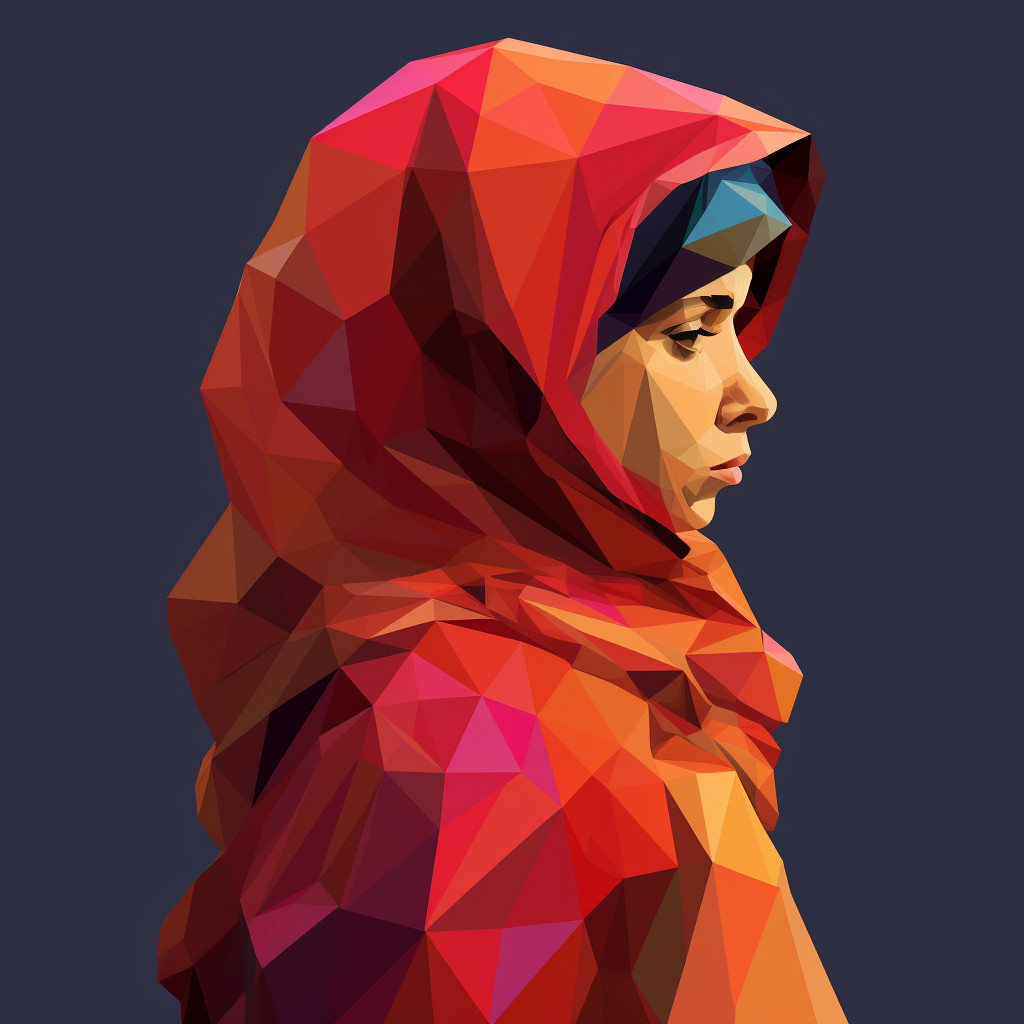This quote emphasizes the transformative power of education and advocates for it to be a universal right, specifically for girls. The term “firsthand” suggests the speaker has personally experienced or observed the impact of education, highlighting its potential to change lives and societies. The assertion that education should belong to every girl in the world underscores the importance of gender equality in access to education.
The quote suggests that education is not just a privilege but a fundamental right, something that everyone, regardless of their gender, should have access to. It is a tool for personal and societal development, a means to empower individuals, and a catalyst for social, economic, and political change.
In the context of today’s world, this quote is highly relevant. Despite progress, girls in many parts of the world still face barriers to education due to factors like poverty, cultural norms, and conflict. Ensuring girls’ right to education can lead to a range of benefits such as reduced poverty, improved health outcomes, and greater gender equality.
On a personal development level, education can open doors to opportunities, cultivate critical thinking, and foster self-confidence. It provides the knowledge and skills necessary to navigate the world, and it can empower individuals to make informed decisions, contribute to their communities, and pursue their ambitions. Thus, the idea of universal access to education is not just about fairness but also about unlocking human potential.






